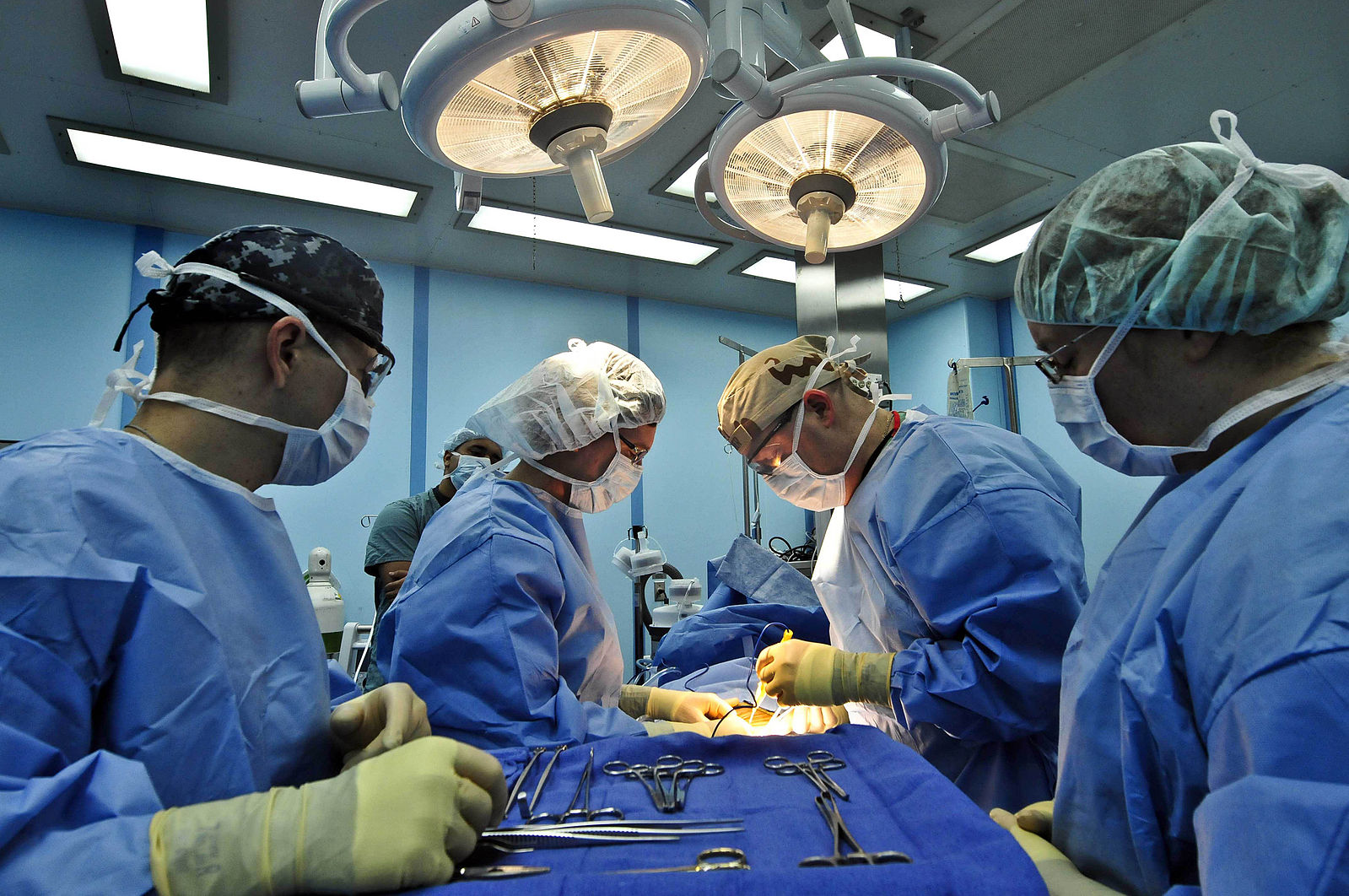Views expressed in opinion columns are the author’s own.
I am a senior at the University of Maryland and a pre-med student. I have only one more semester of college, yet very few of the courses I have taken are truly relevant to the medical profession. My physiology and neurobiology education has done more to prepare me for a career in scientific research than a career in clinical medicine.
Thus, I have spent four years earning a bachelor’s degree for the express purpose of getting into medical school. That is when I will begin to learn subjects that will be relevant to my career. This problem is pervasive across pre-professional education programs in the U.S.
In the U.S., pre-medical studies usually don’t have their own major of study in college. Instead, most medical schools require students to have taken biology, chemistry, physics, math and writing courses. However, these courses often do not require an education in the human body and its organ systems.
At this university, many pre-med students — like me — are in the biological sciences department. This offers courses on human anatomy and physiology, but these courses will not count toward the biology major. This disincentivizes pre-med students from actually learning about human anatomy.
Instead, many of the biology courses offered (and required) focus on the molecular and cellular levels of biology. Although these are important baselines for understanding the medical sciences, we should be able to go deeper into the field and have that count toward our degrees.
Pre-dental students face a similar situation. They have similar prerequisites to pre-medical students and even fewer options to learn about their chosen professional field during their undergraduate education. There are zero undergraduate courses devoted to teeth at this university.
Pre-law students often don’t even have a set list of prerequisite courses. This university’s pre-law office provides a list of recommended courses from 14 different departments, many of which are not directly related to law or legal studies. Instead, the office states the purpose of these courses is to strengthen reading, writing, critical thinking and analytical reasoning skills.
It is unfair to expect college students to commit to a professional education when so little of their pre-professional education exposes them to those fields. Those students who have chosen a certain profession should be able to learn substantial information relevant to that field before graduating from college.
In many European countries, medical education is generally a six-year undergraduate program. Students begin this education right after high school. It combines the college and medical school educations in the U.S. into one education that is more focused on medicine.
This system is not perfect. It does not allow students to explore the variety of subject matter that pre-med college students in the U.S. are able to explore. This ability to have a diverse education allows American pre-medical students to gain diverse perspectives that make them better physicians.
Additionally, by forcing students to complete a college education before working with real patients in medical school, the U.S. process ensures doctors-in-training are more mature than they would be right after finishing high school.
Thus, altering the U.S. system of medical education to align more with the European system may not be the solution. Instead, universities should either create majors specific to pre-professional fields, or they should create pre-professional academic departments dedicated to offering coursework applicable to these students’ degree requirements.
This would give pre-professional students the opportunity to learn more about their field of study before attending a professional degree program.
It would also provide these students with more opportunities to explore coursework in their chosen profession and be certain they wish to pursue a career in that field.
As a pre-med student, I should be able to count more than one physiology course toward my college degree, and I should have more opportunities to learn about disease and pathologies while I prepare to attend medical school.
Mitchell Rock is a senior government and politics and physiology and neurobiology major. He can be reached at mrock13@umd.edu.



